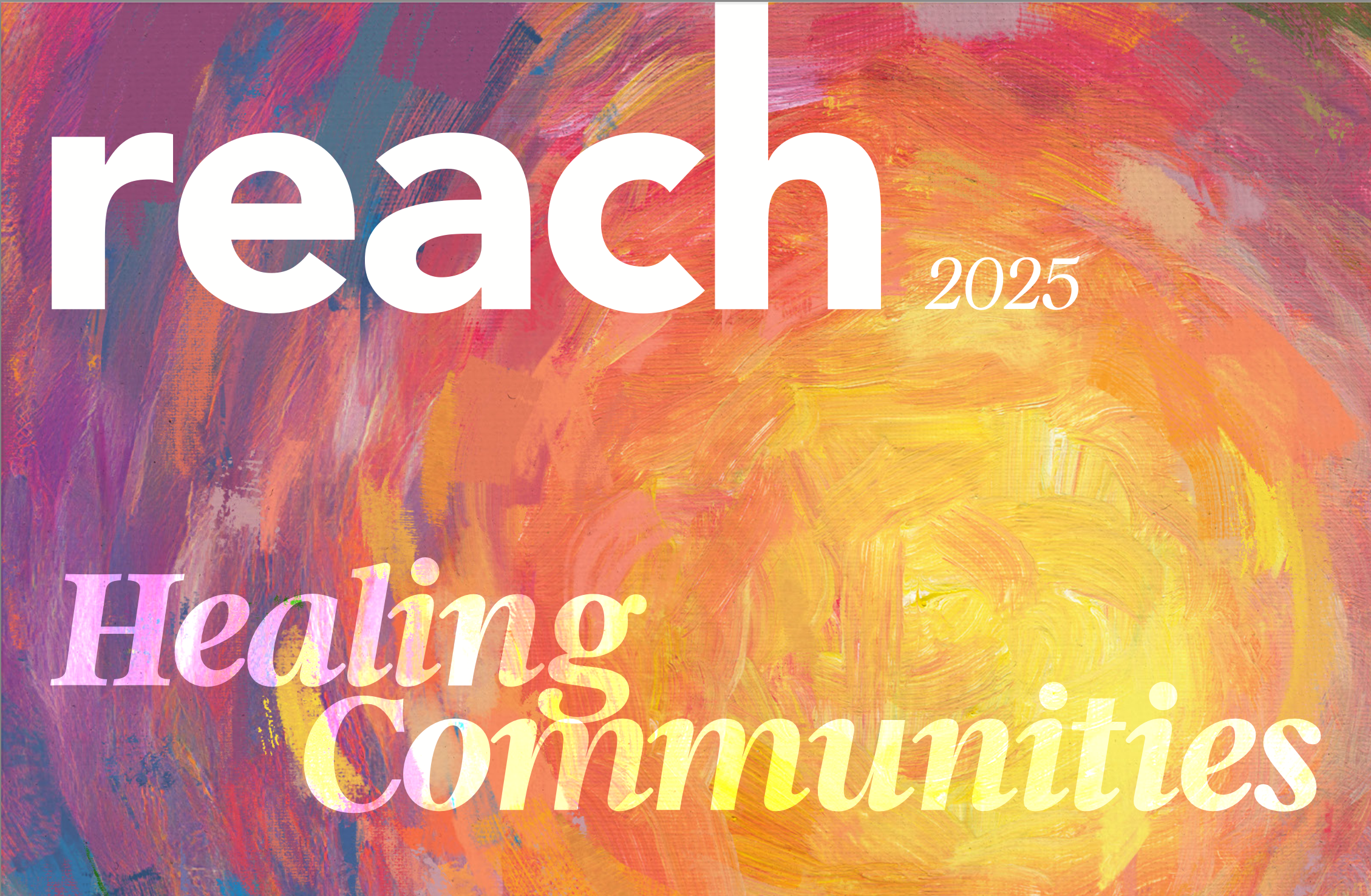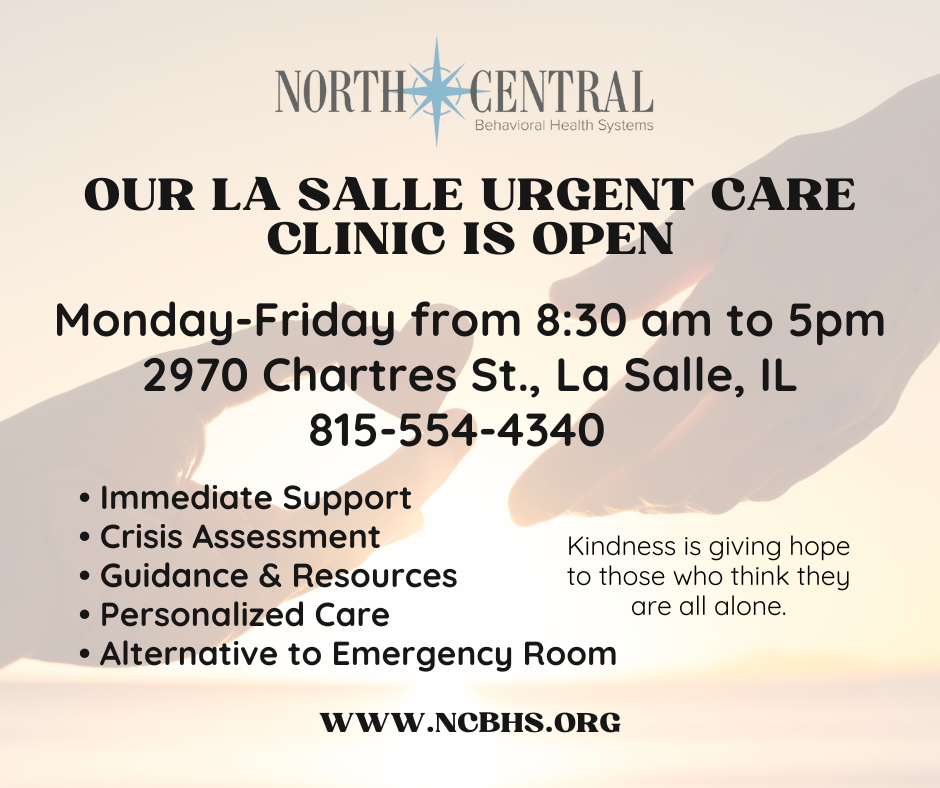Non-suicidal self-injury is the act of deliberately harming your own body, such as through cutting on yourself or through burning yourself. It is typically not meant as a suicide attempt. Rather, self-injury is an unhealthy way to cope with emotional pain, intense anger and frustration.
Some of the signs and symptoms of non-suicidal self-injury may include: scars, such as from burns or cuts; fresh cuts, scratches, bruises, or other wounds; broken bones; keeping sharp objects on hand; wearing long sleeves or long pants even in hot weather; claiming to have frequent accidents; spending a great deal of time alone; pervasive difficulties in interpersonal relationships; persistent questions about personality identity; behavioral and emotional instability; and/or statements of helplessness, hopelessness, or worthlessness.
There are many different forms of non-suicidal self-injury. These forma may include: burning; carving words or symbols on the skin; breaking bones; hitting or punching; piercing the skin; head banging; biting; pulling out your hair; or persistently picking at or interfering with a wound healing.
Non-suicidal self injury is not about trying taking ones life. It is often meant to control ones emotional pain or be a defense against what’s going on in an individual’s personal and/or family life. An individual may feel that he or she has lost control over one area of their life so this is an attempt to gain control.
Non-suicidal self-injury can also be a symptom of a psychiatric disorder and often times there are underlying issues that need to be dealt with.
The first line of defense for someone who is engaging in non-suicidal self-injury is psychotherapy. There are no specific medications that will successfully treat this type of behavior. Often times if medication is prescribed it will be directed towards the psychiatric problem that exists and not the specific self-injurious behavior. The ultimate lynchpin is that the individual needs to decide that they are not going to do it anymore. They need a support system and they need to learn better coping mechanisms.


